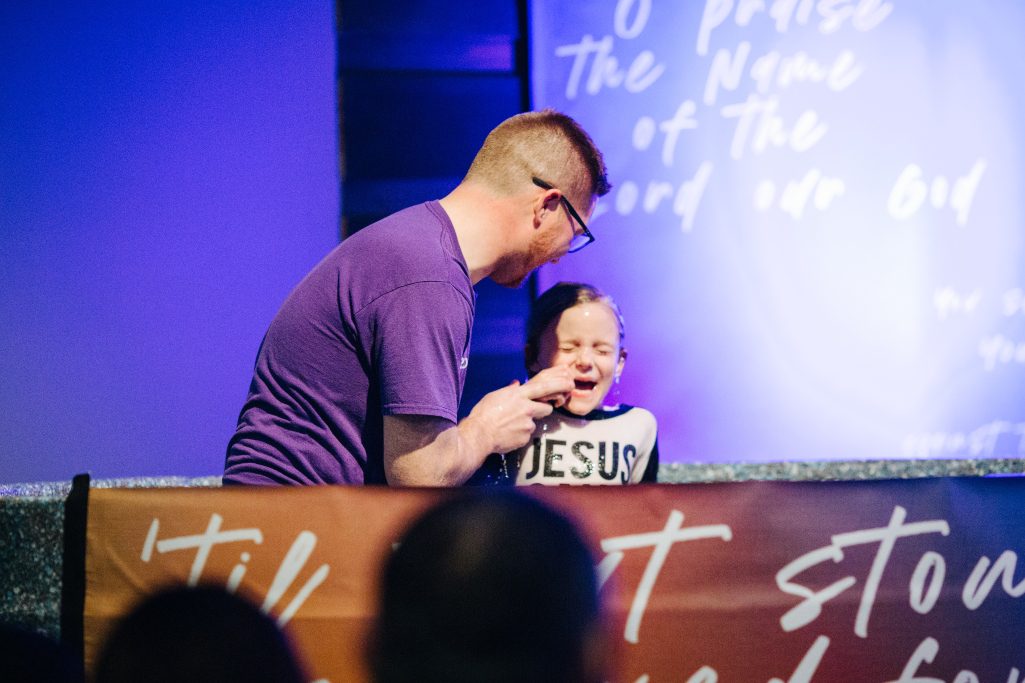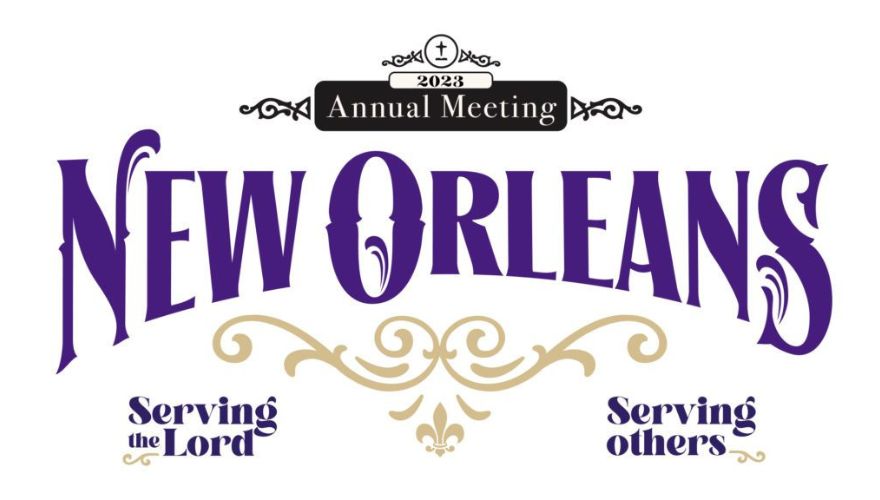GAINESVILLE, Ga. – One of the greatest gifts you could ever give your children is the ability to handle money wisely. It’s a skill set that will serve them well all throughout life, and sadly, not one they’re likely to learn in school.
At Crown Financial Ministries, we’re often asked by parents not only how to teach kids about money, but what they should teach them. Surprisingly, it’s not much different than what we recommend for adults. Just to make it easy, however, we’ve come up with a list of 10 practical things that kids need to know about finances before they enter adulthood. Otherwise, they may end up learning them the hard way. It’s not an exhaustive list, but if your kids learn just these things, they’ll probably know more than 99 percent of the population.
1. Bank accounts aren’t rocket science. Set up a bank account for your kids and teach them how to record transactions and keep the account balanced. This is a skill like anything else, and it’s important they practice keeping track of their money.
2. Credit cards are sneaky. They may seem like “free money” but they’re not. Kids need to know that every month a bill comes in the mail listing everything you’ve purchased with your credit card. If you don’t pay it in full, interest charges start adding up. There’s also a credit limit on your card. If you go over the limit, you’ll get hit with penalties in addition to interest. Teach by example and pay off your credit card every month.
3. The secret is to live beneath your means. The natural tendency is to spend everything you earn and then some. Kids should know that the biggest secret to financial peace of mind is simply living on less than what you earn. This gives you financial margin so that you can save for emergencies and invest for the future. Teach your kids never to spend all they have, but to always keep something in reserve and to spend less than they make.
4. It actually is better to give than to receive. It’s natural for kids, especially very young children, to think that they are the center of the universe and that everything revolves around them. Teaching them to give to God’s Kingdom and to help those less fortunate is an important life lesson.
5. Paying back student loans is a bear. Once upon a time, you could borrow your way through school, get a great job, and then easily pay off your student loans. Those days are long gone. The cost of higher education has skyrocketed, far outpacing inflation. Today, many students borrow the equivalent of a year or two of salary to get through school. But what if there is no salary? Jobs are scarce for new college grads these days. Bottom line, borrow as little as possible and choose a major that gives marketable skills that lead to employment after graduation.
6. Bad stuff happens. Young people often have difficulty believing that anything bad will happen to them. They haven’t experienced many of life’s pitfalls yet, so they don’t see the need to prepare for them. The sooner they learn to set aside money for emergencies, the better. Teaching your kids at an early age that they need to save three to six months living expenses will help them avoid financial calamity once they become adults.
7. Your budget is your friend. Everyone hates the “B” word – budget. It’s not a fun word. It sounds restrictive. But kids need to learn early that a budget is their friend. A budget is simply a spending plan – the result of decisions they’ve made on how they will spend their money. Everyone dreads going on a budget. Nobody regrets doing it. Teach your kids how to set up a budget and stick to it.
8. Your house can eat you alive. Even though the housing bubble has burst, it’s still easy these days to buy “too much house.” Housing, which includes utilities, should not exceed 35 percent to 40 percent of your total budget. This is also true if you rent. If your housing category exceeds 40 percent of your budget, you’re going to have a difficult time meeting your other obligations. You should never buy to the limit of what you can afford, but something well below that level.
9. There are “good loans” and “bad loans.” The lesson here is really about appreciating versus depreciating assets. A good loan allows you to acquire an asset that appreciates in value, while a bad loan buys something that goes down in value as time goes by. A loan to buy a house, go to school or start a business is “good” because what you’re buying will (usually – not always) go up in value. A loan for a car, powerboat or RV is “bad” because the item begins to decline in value from the moment you buy it. If you have to sell the asset, it may not be worth enough to pay off the loan. For that reason, no debt is really “good,” but some are definitely worse than others.
10. A pre-paid vacation is a fun vacation. If you know you’ll be taking a vacation next summer, start saving for it now. The same goes for Christmas. Set a little money aside from each paycheck so you don’t go into the hole paying for your holiday. It’s no fun getting stuck with vacation bills after you’re back home.
The National Foundation for Credit Counseling (nfcc.org) conducts a survey of financial literacy each year. In the latest survey, more than half of the participants – 56 percent – admitted that they don’t use a budget. Forty percent said they don’t save for unexpected expenses and one out of three admitted to not paying all of their bills on time. No wonder consumer debt is such a problem in America!
But you can spare your children a lot of the misery that comes from financial “illiteracy.” If you teach them the 10 simple lessons we’ve listed above, they’ll make wise financial decisions for the rest of their lives.
(EDITOR’S NOTE – Chuck Bentley is CEO of Crown Financial Ministries (Crown.org). His latest book, “The S.A.L.T. Plan, How to Prepare for an Economic Crisis of Biblical Proportions,” is available now. To sign up for Chuck’s free weekly e-newsletter, “Handwriting on the Wall,” visit Crown.org/handwriting or call 1-800-722-1976.)




